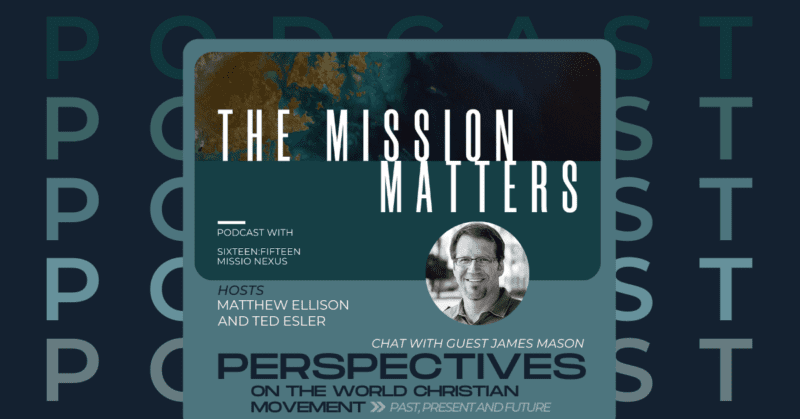A Trinitarian Theology of Religions: An Evangelical Proposal
by Gerald R. McDermott and Harold A. Netland
2014. Oxford University Press.
—Reviewed by Amit A. Bhatia (PhD, Intercultural Studies), adjunct professor, Trinity International University.
In the twenty-first century, in which seventy-nine percent of the world’s population claim to believe in God and have a global awareness of religious others, we find a context which prompts Christians to reflect on how one “should think about and respond to” adherents of other religions. In A Trinitarian Theology of Religions, evangelicals Gerald McDermott and Harold Netland assess this ongoing discussion and present an evangelical framework to help evangelicals properly view “other religions and religious others.”
The authors begin with a brief overview of the theology of religions. They start with what the Bible says about religious others, move to perspectives of second-century Christians, and conclude with developments during the years of European exploration and into the modern era. This historical discussion will be extremely helpful for any reader who is new to this debate.
The subject of chapter two is the Triune God, a doctrine that sets Christianity apart from other religions. The discussion addresses the ways in which this doctrine has been misunderstood and misapplied, and then touches on why having a proper understanding of the Trinity is crucial to this discussion.
Chapter three looks at what it means for God to reveal himself to human beings and whether the Triune God has given a revelation of himself in other religions. Drawing from what the Bible has to say about this subject, as well as interacting briefly with Islamic, Hindu, Confucian, and Buddhist thought, the information presented provides a framework for evaluating similarities and differences between Christianity and other religions.
Chapter four focuses on “salvation” and “conversion.” Along with a detailed explanation of what these terms mean, the authors discuss religious pluralism, the destiny of the unevangelized, universal salvation, and the controversial subject of hell and how it fits into the biblical picture.
McDermott and Netland assert in chapter five that it is not sufficient to have a “correct understanding” of other religions; it is imperative that Christians conduct themselves ethically in their relationships with religious others. Living properly in this religiously diverse world also includes being a witness for Christ, which is the focus of chapter seven.
In chapter six, the authors explicate what they mean by the term “religion,” which is essential to developing a “theology of religions.” They also talk about the relationship between “religion” and “culture”—concepts which are not easy to separate, for which reason scrutinizing their relationship to each other becomes significant when developing a theology of religions.
The work is enriched by the critiques offered by four renowned scholars from four different disciplines. It will academically stimulate the thinking of evangelical missionaries, pastors, and students ministering among non-Christians, and provide guidance for the proper attitudes they should espouse when actively engaging and responding to religious others.
Additionally, throughout their discussion the authors interact with numerous worldviews, which not only helps elucidate their framework’s
application, but makes the book a worthwhile read for non-evangelicals as well. McDermott’s and Netland’s work is comprehensive, offers a scholarly discussion of the pertinent issues, and is engaging and easy to read.
Check these titles:
Corduan, Winfried. 2002. A Tapestry of Faiths: The Common Threads between Christianity & World Religions. Downers Grove, Ill.: Intervarsity Press.
McDermott, Gerald R. 2000. Can Evangelicals Learn from World Religions?: Jesus, Revelation & Religious Traditions. Downers Grove, Ill.: Intervarsity Press.
Netland, Harold. 2001. Encountering Religious Pluralism: The Challenge to Christian Faith & Mission. Downers Grove, Ill.: Intervarsity Press.
. . . .
EMQ, Vol. 51, No. 3 pp. 338, 340. Copyright © 2015 Billy Graham Center for Evangelism. All rights reserved. Not to be reproduced or copied in any form without written permission from EMQ editors.





